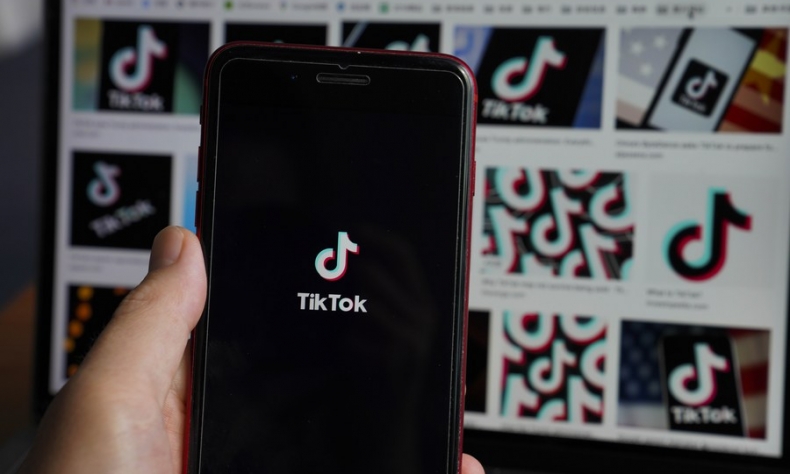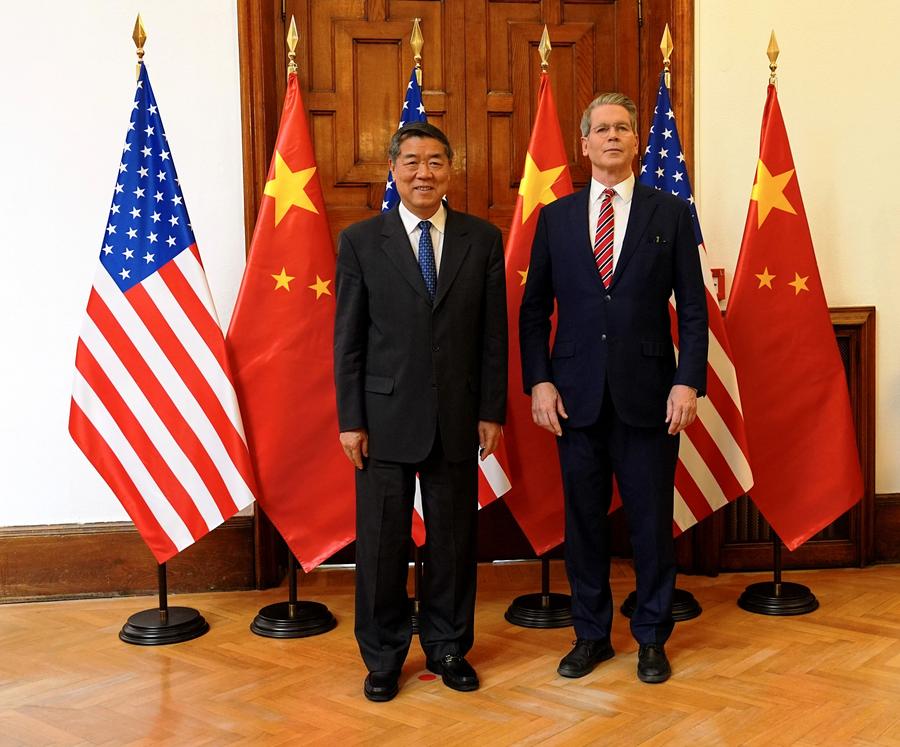Pragmatic & Positive: Beyond Grand Narratives

The essence of China-U.S. economic and trade relations is mutual benefit and win-win cooperation, underpinned by broad opportunities and shared interests.
On the evening of September 19, Chinese President Xi Jinping held phone talks with U.S. President Donald Trump for nearly two hours. It was their second direct dialogue since June 5, and Beijing characterized the call as “pragmatic, positive and constructive.”
Compared with earlier phone calls between the Chinese and U.S. leaders, this conversation seemed more focused on specifics, such as China’s massive military parade on September 3 to mark the 80th anniversary of the victory in the Chinese People’s War of Resistance Against Japanese Aggression and the World Anti-Fascist War. Recalling China and the U.S. had stood as allies in World War II, President Xi said the Chinese people will not forget the valuable support from the U.S. and other anti-fascist Allied nations in the war of resistance against Japanese aggression. Honoring fallen heroes and remembering history is essential for cherishing peace and creating a better future, he added.
Trump said China’s recent parade was “phenomenal and beautiful.” He emphasized that U.S.-China ties constitute the most important bilateral relationship in the world, noting that cooperation between the two nations can accomplish many major initiatives that contribute to global peace and stability. He further affirmed that Washington seeks to foster a long-term and constructive partnership with Beijing. “The U.S. will work with China for world peace.”
Another focal point of global attention was the two leaders’ renewed discussion regarding TikTok. Since 2019, the app has been a recurring flashpoint in bilateral trade negotiations. Citing “national security” grounds, Washington has sought to bring the platform—developed by China’s ByteDance and used by 170 million users in the U.S.—under its control.
At its core, the TikTok dispute reflects Washington’s attempt to exert maximum pressure on Beijing, seeking concessions on issues such as core algorithms, export controls and industrial policy—echoing earlier cases in which the U.S. cracked down on Japan’s Toshiba and France’s Alstom. What is different now is that China is a counterpart unwilling to bow to pressure. Beijing maintains that the essence of China-U.S. economic and trade relations is mutual benefit and win-win cooperation, underpinned by broad opportunities and shared interests. At the same time, China has made clear it will not pursue any agreement at the expense of its principles, the interests of its enterprises or international fairness and justice.

Regarding TikTok, China rejects the U.S. practice of politicizing commercial and technological matters. U.S. regulatory actions to date have rested largely on sweeping claims of national security, without any detailed evaluation of the platform’s operations or sufficient space for dialogue with Chinese companies. Beijing maintains that corporate matters should be resolved through market rules rather than political coercion. A key outcome of the China-U.S. trade talks in Madrid in mid-September was the two sides’ first agreement on a basic framework to “properly resolve the TikTok issue through cooperation.”
Xi stressed that China’s position on TikTok is clear: Beijing respects the wishes of enterprises and encourages them to pursue business negotiations on the basis of market principles, seeking solutions that comply with Chinese laws and regulations while balancing interests. He expressed the hope that Washington will provide Chinese companies with an open, fair and non-discriminatory environment for investment in the U.S. Trump responded that the U.S. seeks to advance bilateral economic and trade cooperation and will support both sides’ teams in consultations to properly address the TikTok issue.
Notably, within 48 hours of the presidential phone call, a U.S. congressional delegation headed by Adam Smith, ranking member of the House Armed Services Committee, landed in Beijing. It was the first visit by a House delegation to China since 2019. During their stay, the delegation held separate meetings with senior Chinese officials, delivering a positive signal for the stabilization of bilateral ties.
At a press conference on September 23, Smith struck a pragmatic note. “I don’t think it’s necessary for both sides to be fully on the same page right now,” he said. “What matters is that we’re at least reading the same book, and that can serve as a starting point.”
 Facebook
Facebook
 Twitter
Twitter
 Linkedin
Linkedin
 Google +
Google +










